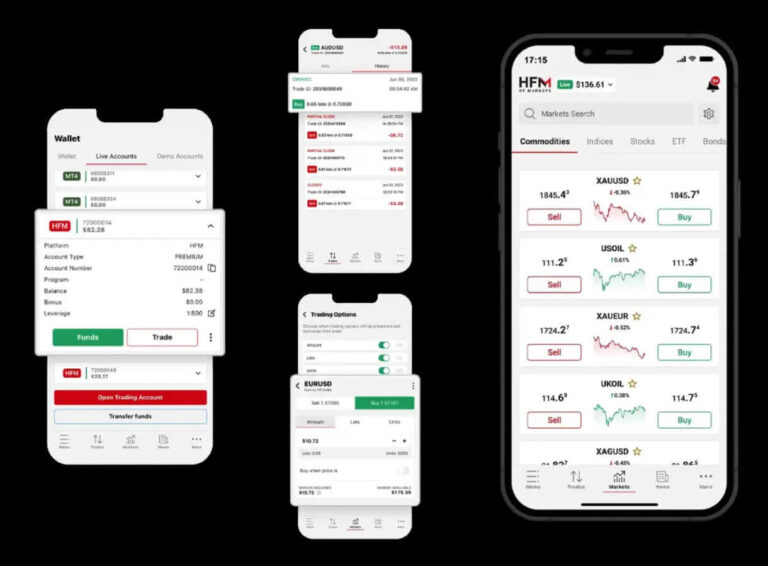How to Get Hired Faster: Strategies for Beginners in Freelancing
Looking for ways to find freelancing jobs faster and more efficiently? Here’s how to boost your hiring potential.

Freelancing is quickly becoming a commodity in many professional fields across the world. From illustration to programming, there are a huge variety of skills that can smoothly and effectively sustain a solo career.
The number of working freelancers has dramatically surged between 2020 and 2021. Statistics suggest that this shift in our approach to business is becoming a permanent feature on the global professional landscape. By 2027, it’s estimated that 50.9% of the US population will be freelancers. This is hugely significant, considering how recently the concept entered the mainstream business.
Regardless of what your profession is, entering the freelance world can be a daunting process. It will require some adjustment before you feel fully comfortable and confident in your position.
Being your own boss is much harder than it may initially seem. Learning how to sell your time and energy can be an exhausting process.
Fortunately, the online community of freelancers are eager to share advice. There is plenty of information available that can help guide your move through the beginner phase of freelancing to find the best strategies for consistently getting hired.
These tips are a great starting point for any new freelancer looking to get ahead.
How to get hired fast as a beginner freelancer
Here are strategies to get hired fast as a beginner in freelancing:
Understanding Your Target Market
Before you can begin advertising your skills, you need to know who you’re targeting. Gaining a thorough and foundational understanding of who your target market is, ensures that pitches are more likely to result in success.
Your target market is who you think is most likely to hire you along your career path as a freelancer. Because you’ll be working from project to project, clients will constantly need assurance that you are the right candidate for the job.
If you want to impress them, anticipating their needs, concerns, and preferences will help you gain an advantage over everyone else competing for the gig.
The priorities of a client will change depending on what line of work you are in. Make sure you know what they’re looking for before you approach them.
Specialization vs. Generalization
There are two schools of thought in the freelance world that set one group apart from the next: specialists and generalists.
Specialist freelancers offer one specific skill set or a small range of skill sets within a particular field. Generalist freelancers opt for a “jack of all trades” approach, offering a wide range of skills from multiple different areas.
While there’s certainly room for both angles in the freelance world, evidence suggests that specialists tend to find more work than generalists.
This is probably because somebody who specializes in a particular skill may come across as more pertinent and focussed than generalists. Ultimately, specialists offer a more certain potential for task fulfillment.
Most clients are not looking to take risks when hiring a freelancer. They want to hire someone who specializes in the task they need executed, as it’s more likely to be done well.
However, if you prefer to take a more general approach to freelancing, there are opportunities for you, too. Clients seeking fast, affordable results will often pick generalists over specialists because they tend to be less expensive.
Whatever angle you prefer, make sure you always state your skills clearly. The right clients for your work will inevitably be drawn to you.
Polish Your Portfolio
Every serious client you encounter will look at your portfolio. So, you really want it to be attractive and appealing.
Freelance websites like Elance and Upwork provide a basic portfolio space. But linking an external site or page of your portfolio is going to allow for better curation and a more accurate representation of what you can offer.
When creating a professional portfolio, here are some important points to remember:
- Highlight relevant previous experiences
- Showcase your skill set
- (Briefly) represent your identity/who you are
- List all contact details and relevant credentials
Portfolios shouldn’t be cluttered or sparse. Finding a balance between over-sharing and under-sharing is going to be the most challenging part of creating a solid portfolio. But you can find an abundance of templates and ideas online, or ask a trusted friend or fellow freelancer for feedback before going live.
Don’t forget to update your portfolio every time you learn a new skill or land a reputable gig. This will keep new clients interested and in the loop about your accomplishments.
Don’t Jump Ship Until You’re Comfortable
One mistake that many beginner freelancers make is leaving their desk job before even getting their first proper freelancing gig.
Freelancing (especially in the beginning) can be somewhat inconsistent when it comes to job security. In the long run, some months will definitely be better than others.
The freelance market is highly competitive. Beginners come in with an automatic disadvantage to those that have been there for years and have the credentials and contacts to prove it.
Time your entry point well, and your success will be much swifter (and less stressful).
Start As A Success Story
Even if it’s your first foray into the world of freelancing, it’s essential that you promote yourself as a professional. Appearances are important, and even more so when you’re trying to establish yourself in a competitive marketplace.
Ensure that every interaction you have with clients is businesslike. From your first email to the invoice template that you use, every element of your operation needs the professional touch.
Even if you’re working from your kitchen counter wearing your pajamas, clients need to think of you as a trusted business that delivers a professional result. Even though you’re flying solo, if you think like a business you’ll project an image that resonates with the clients you want to attract.
Confidence is Key
Confidence is one of the most important elements of being a successful freelancer.
In the current gig economy where you constantly need to prove your professional worth to clients, being unwaveringly confident in your abilities is going to help you stand out.
Adopting an unruffled and confident approach to communication with clients is going to help them feel as though their project is in good hands. Believe in yourself, and they will too!
Conclusion
As you can see, there are many ways to boost your hiring potential as a freelancer. If you’re unsure where to start, these tips will help you find your feet.
In time, you’ll carve out your niche and attract the clients that you want to work for. Being a successful freelancer takes dedication, effort, and a solid foundation on which to build on.




